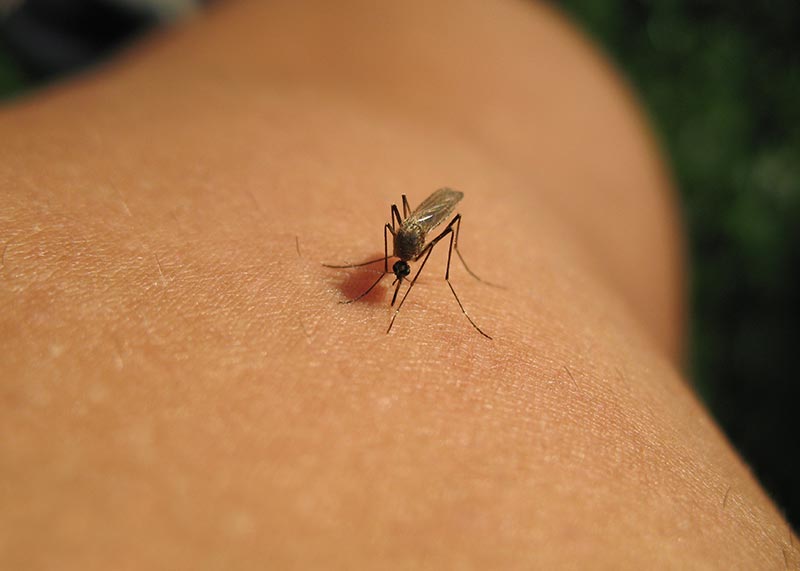We commonly associate hearing loss with exposure to loud noises or old age. But did you know that hearing loss can also occur due to infections caused by viruses? These infections have an effect on the cochlea, the blood vessels in the ear or other parts of the body that relate to hearing, potentially causing hearing loss.

Two Categories of Hearing Loss Caused from Viruses: Congenital or Acquired
While there are many illnesses known to cause hearing loss, hearing loss caused by viruses is categorized into two types: congenital and acquired. Sometimes, viruses causing hearing loss can fall into both categories, and it is beneficial to learn what they are.

Congenital Hearing Loss
Congenital hearing loss is hearing loss that is present at birth. While this type of hearing loss can be caused by other factors such as low birth weight or premature birth, it is often also caused by a virus. Examples of viruses include:
- German Measles, or Rubella. This virus is transmitted through fluids like phlegm and saliva. If a mother is infected with Rubella during pregnancy, her child may be at risk of obtaining the congenital form of the virus. If the child is born with the virus, hearing loss typically sets in 6-12 months after birth.
- Cytomegalovirus (CMV). This virus is passed from person to person through blood, saliva, urine or semen. Once an individual is infected with CMV, they have it for life. CMV is the most common virus that causes congenital hearing loss in children.
- HSV Types 1 & 2. These viruses belong to the herpes family and newborns are infected by HSV1 or HSV2-positive mothers. Hearing loss is also known to develop for children born with HSV1 and HSV2.

Acquired Hearing Loss
Acquired hearing loss happens due to viruses acquired through life, and occurs often at an older age (and not related to congenital viruses). These are the viruses to be aware of that are known to cause hearing loss, if infected:
- West Nile Virus. West Nile is transmitted through insects, such as mosquitos. In some rare cases, hearing loss has been reported as a result of this virus.
- Varicella Zoster Virus (VZV). This is a virus related to the herpes family that can cause issues with your facial nerves, auditory canal, and tongue. The effect of the virus in these areas naturally can affect hearing, which is why it is known for causing hearing loss.
- Measles (Rubeola). This well-known virus accounts for a large number of hearing loss cases.
- Mumps. This virus belongs to the same family as measles. This virus usually causes sensorineural hearing loss affecting the inner ear.

Does COVID-19 Cause Hearing Loss?
This is a question most clients are asking. Since COVID-19 is a virus, like other viruses, it certainly can cause hearing loss. However, there has not been conclusive studies and results to indicate the direct effects COVID-19 has on hearing. Here are some studies currently available that try to answer COVID-19’s impact on hearing loss that we have found:
- Hearing loss as an initial symptom after being diagnosed with COVID-19
- Hearing loss as a late symptom after being diagnosed with COVID-19
- COVID-19 and Tinnitus

How Do I Prevent Hearing Loss from a Virus?
While there is no way to prevent congenital hearing loss, there are ways to safeguard yourself against acquired hearing loss. It is important to make sure you are up-to-date with your vaccinations and stay away from environments where cases of certain viruses are reported (such as the West Nile virus). Regularly check your ears and never take sudden hearing loss lightly–always seek immediate medical attention.
